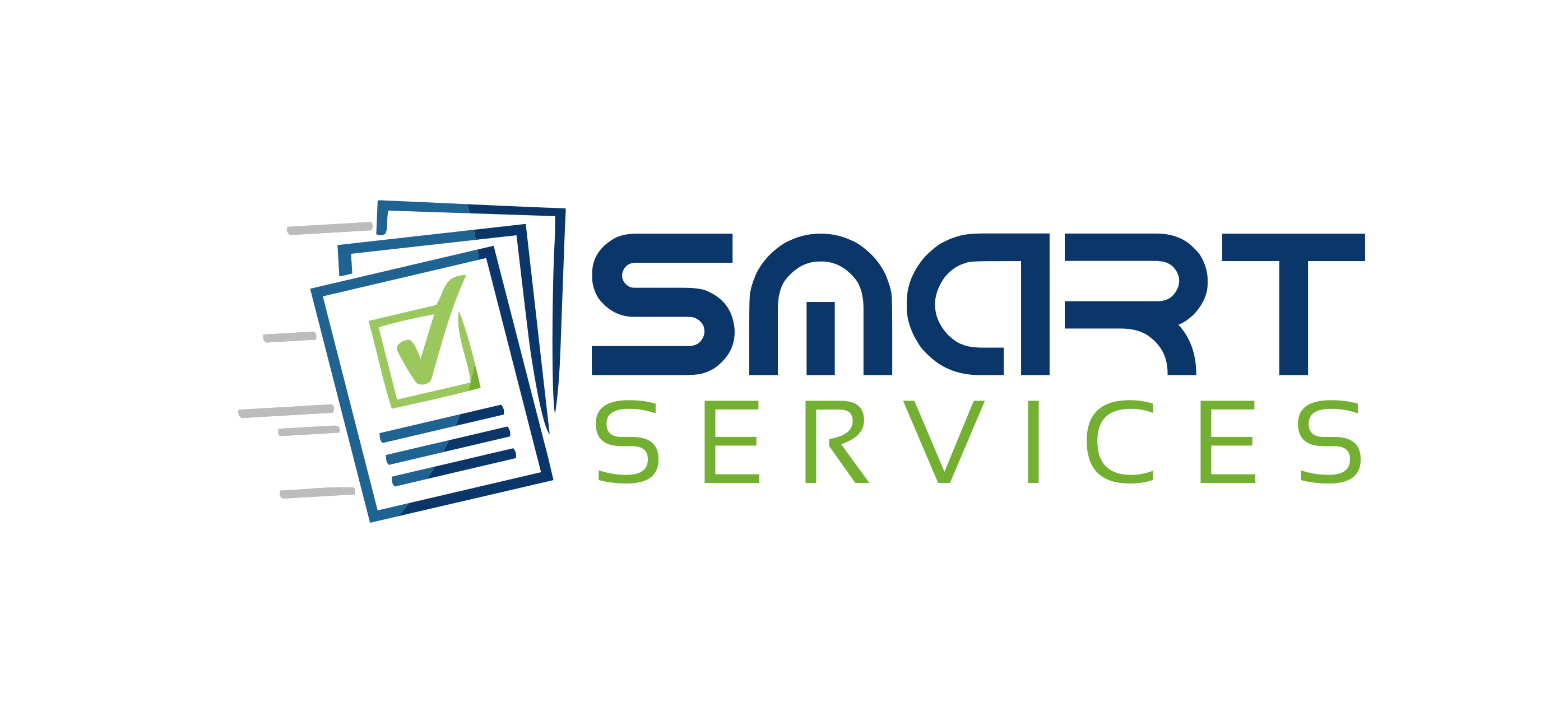FAQ
Airbnb income is reportable on Schedule E of the tax return, the same as any rental income. Whether you’re renting out an apartment or home for one month, one year, Airbnb for just a few nights a year, it’s all reportable on the Schedule E of the tax return.
You can definitely get multi-state credits in California state. If you are earning income and, or paying taxes in another state, you will get a credit in California State on taxes paid in your home state.
The quarterly estimated tax payments are April 15, June 15, September 15 and January 15. For clients that are interested in keeping up with those, we give them the vouchers for the whole year. If their income and expenses are generally going to stay the same, they can just make the payments on those dates.
Most of the time, it benefits freelancers to pay their taxes quarterly, yes. If it’s a side thing and your income’s really low, then sometimes it doesn’t make sense to do it quarterly; it makes sense to wait until the end of the year. If you’re a full-time freelancer, if that’s your main source of income, it usually benefits you to pay your taxes quarterly.
Tax audits occur for a variety of reasons. One of the biggest schedules to get audited is the schedule C, the self-employed schedule, because you have the flexibility there to take a large amount of write-offs, so when people abuse that privilege of the write-offs generally either the Franchise Tax Board or the IRS wants to see why this particular write-off, why this deduction was so high especially in relation to your industry, profession, and/or income.
That is the number one reason of why people get audited. Usually it is a correspondence audit by mail. They don’t necessarily want to meet you in person, but they want you to send in support for certain expenses you claimed. We are of course very experienced with that and happy to help guide and represent you through an audit. Here in Smart Services we know how to respond to the IRS and the Franchise Tax Board to give you the best chance of either not get assessed any additional penalties at all or at least lowering that assessment.
Penalties and interests, whether it’s IRS or CA Franchise Tax Board, is usually a percentage of what you owe. Another thing a lot of people don’t know is, if you don’t owe any taxes, you may not even have penalties to deal with. It’s just on file returns and you are either due a refund or you don’t owe any money.
An LLC and an S-Corp are pass-through entities which are usually more tax efficient. For most small businesses in the country, those are the best ways to go. A C-Corp is usually for larger businesses who are raising a big amount of venture capital, and/or want to go public in the near future. One of the main downsides of a C-Corp is that you pay double tax. The C-Corp pays the taxes and then the owners pay taxes again when they withdraw dividends from the corporation. That is usually recommended for businesses that have more than 100 investors and are going on a different level. To be honest with you, here at Smart Services, we don’t deal with a lot of C-Corps. Most of our clients’ companies are S-Corps or LLCs, which is on our experience the best way to go tax wise for small businesses.
If you’re earning income in the US, whether you’re a citizen or not, you usually need to file taxes in the US. It just becomes a question of what forms need to be filed and what exclusions and/or credits you’re entitled to. If you’re earning income on US soil, you generally need to file taxes.
Trying to figure out whether you qualify for a 1040 or a 1040NR, you usually have to undergo something called the Substantial presence Test, which is explained at IRS.gov. You can always take a look at IRS.gov and see if you could figure it out yourself, or call the IRS, but if you prefer that is something we are also happy to do for you at the consultation. If you come in for a consultation, we will explain the Substantial Presence Test to you, and help you determine what forms you need to file.
It really depends on the audit that you get assigned and what they’re auditing but it can take anywhere from one month to six months. It really depends on the complexity of your return. I’ve seen sale tax audits take a couple of years sometimes. It really depends on the revenue, the volume of transactions, how complicated the audit is. There are all different types of audits and different levels of complexity.
